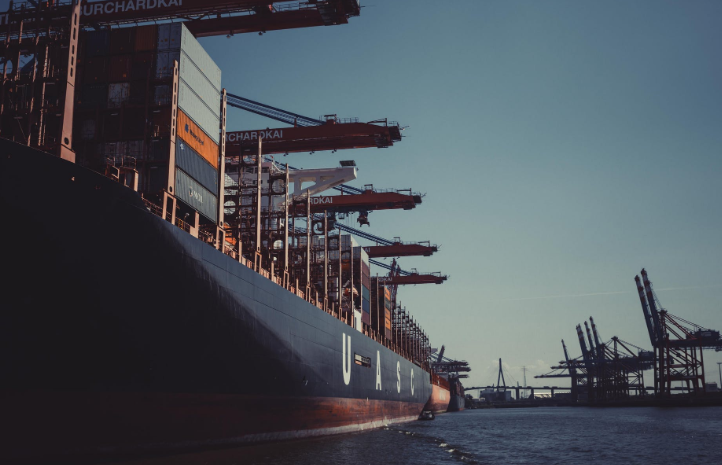How to Build Healthy Relationships with Customs Officials and Why It Matters?
The ever-changing international freight forwarding market has become more significant, as it is expected to expand to $18.69 billion by the year 2026. While logistics has become an integral part of the world economy, the processes have also become more intricate in ensuring that shippers and customs brokers follow the regulations imposed.
Navigating complex operations, particularly in international shipping, requires extensive regulatory compliance and clearance processes to allow businesses, importers, and exporters to ship their goods successfully. This is why maintaining healthy and strong relationships and business partnerships with customs officials matters.
Establishing connections is a good strategy not to dodge the bullet in strict regulations but to create a streamlined process, faster transactions, and prevent miscommunication.
Here are some practical tips and strategies on how to build a positive and healthy relationship with customs officials:
Adhere to the Rules and Regulations
One of the most crucial steps in building healthy relationships with stakeholders and customs is understanding the enforcement regulations in shipping.
A shipper must be knowledgeable about the requirements, such as licenses, certificates, permits, and other documents that need to be presented before shipping. It is also essential to be well aware of the potential consequences and risks that might be acquired due to compliance failure.
Being informed of the rules and regulations in logistics reflects how professional and respectfula shipper is to the logistics industry officials. Being aware of the rules to follow also creates open communication with the customs officers, which prevents risks and violations.
Establish Proper Communication
The second step to maintaining a relationship with customs officials is to communicate clearly to ensure that trust, collaboration, and transparency will be created. This implies that it is vital to provide the correct information and data related to shipment to keep the customs well-advised.
For instance, your goods’ shipping details need to be changed. Hence, the first thing to do is inform the officials of those changes so they are aware and can provide assistance. This could also prevent misunderstandings and possible conflicts with the customs administrations when shipping your goods.
Stay Proactive
The next step in creating a good relationship with customs officials is to be proactive. Whenever you are planning to engage with a logistics company in the Philippines, it is important to anticipate potential disruptions, conflicts, and risks that may emerge.
Moreover, a business shall be prepared on how to deal with and adapt to such circumstances. Being proactive in engaging with logistics reflects a business’s responsibility and innovation in handling potential concerns.
Ask For Feedback and Recommendations
Securing connections with customs officials can be achieved by seeking their advice and feedback. This enables a business to enhance its performance and efficiency in handling shipments.
As customs officials have expertise in logistics, their opinions and recommendations matter in addressing concerns and potential disputes that might occur.
Seeking help and assistance from customs also restates a business’ dedication and willingness to achieve a conflict-free logistic process.
Apply What You Learn From the Customs
Lastly, one strategy to validate the customs officials’ effort in your logistic clearance and documentation is to apply what you have learned. This means that a business shall integrate its advice, such as using the best practices to improve its logistics process.
In return, it is fundamental to express recognition of their contributions to allow your business to be seamlessly processed.
Establishing contacts with customs can also strengthen a business’ competency, loyalty, and partnership with the officials.
Conclusion
As the logistics industry continues to evolve, having a good connection with customs officials matters a lot. It cannot only help a business ensure faster shipment processes and transactions but also allow the gaining of essential insights, advice, and tips to enhance a business’s shipment performance.
Fostering collaboration with customs officials may be an advantage for shippers and businesses, but it is critical to remember that maintaining this professional relationship is what matters most.
If you are too busy to deal with customs officials but need help keeping transaction records and documenting your freight forwarding process, a licensed customs broker from Excelsior can help. Excelsior is a logistics corporation that offers reliable shipping services worldwide. It can help clients track their shipments and ensure their safe arrival at their destination.
Read more:



